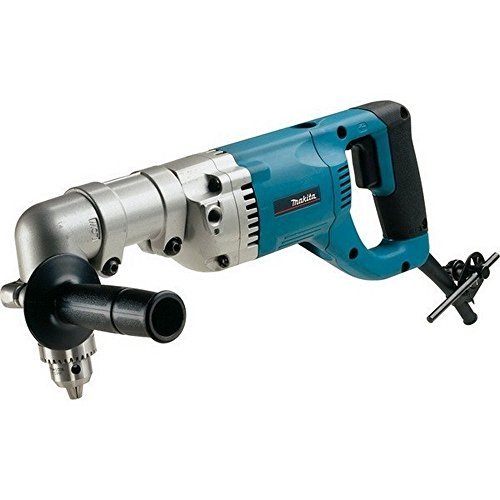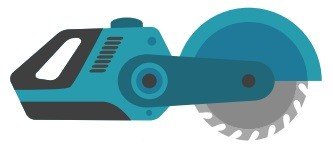 Home Depot exclusive brands like Ryobi, for example, have a broad platform of batteries, which means a single battery can power jigsaws, inflators, and other power tools.
Home Depot exclusive brands like Ryobi, for example, have a broad platform of batteries, which means a single battery can power jigsaws, inflators, and other power tools. The decision to repair or replace an electronic tool could have a significant impact on productivity and profitability. In certain instances it's more cost-effective purchasing a new model with higher-tech features. However, the decision isn't always as simple as it may appear.
The decision to repair or replace an electronic tool could have a significant impact on productivity and profitability. In certain instances it's more cost-effective purchasing a new model with higher-tech features. However, the decision isn't always as simple as it may appear. 